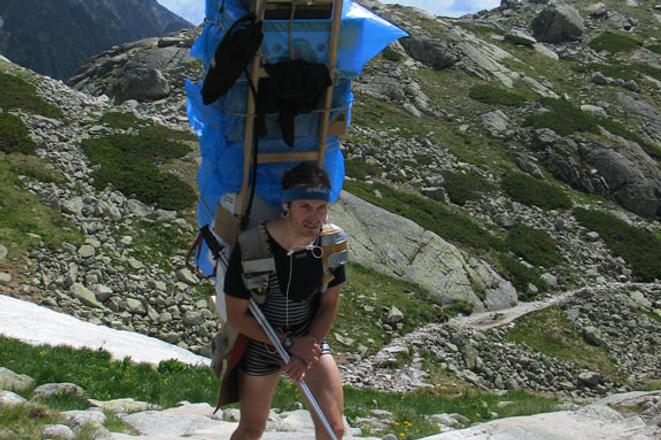SLOVAKIA is the last country in Europe that employs mountain porters. Even so, their job has largely been replaced in recent years by helicopters and cableways, the SITA newswire reported.
"We're unable to stop this evolution, but we don't have to embrace it," Jaroslav Švorc, a porter in the High Tatras, told SITA. "As long as we've got enough people willing to do the job, we should keep it. Mountain porters are indispensable."
Švorc said that helicopters fly to the top of Gerlachovský peak regularly, but that there are still people who prefer to climb up. He compared mountain portering to some of the world's most ancient crafts.
"Basket weavers or tinkers went extinct and now they're back," he said. But Švorc does not believe the job will disappear from the High Tatras. "Being a mountain porter is not as much a sport as a philosophy," he said.
Katarína Nováková, a professor of ethnology at Cyril and Methodius University in Trnava, made mountain porters the topic of her recent book, The Tatras' Porters.
The book captures the life of contemporary porters and examines the origins and history of the profession.
"Porters are an interesting socio-professional group, which makes them worth studying from an ethnologist's point of view," Nováková told SITA.
The profession is not unique to Slovakia. Porters were found in practically every larger mountain chain in Europe, but the job has been preserved only in Slovakia.
Nováková writes in her book that the profession has survived in Slovakia mainly because the Slovak side of the Tatras was never made as accessible as the Polish side, where there are roads or a cableway to every cabin. In addition, when it comes to transporting materials, porters are still the cheapest option.


 Being a mountain porter is not as much a sport as a philosophy. (source: SITA)
Being a mountain porter is not as much a sport as a philosophy. (source: SITA)